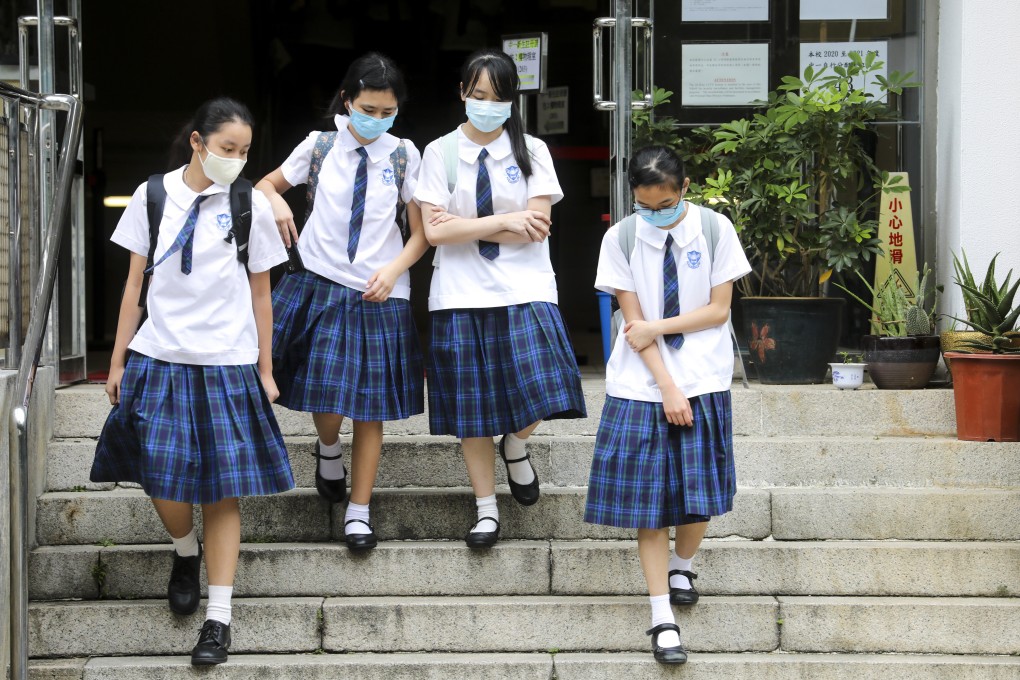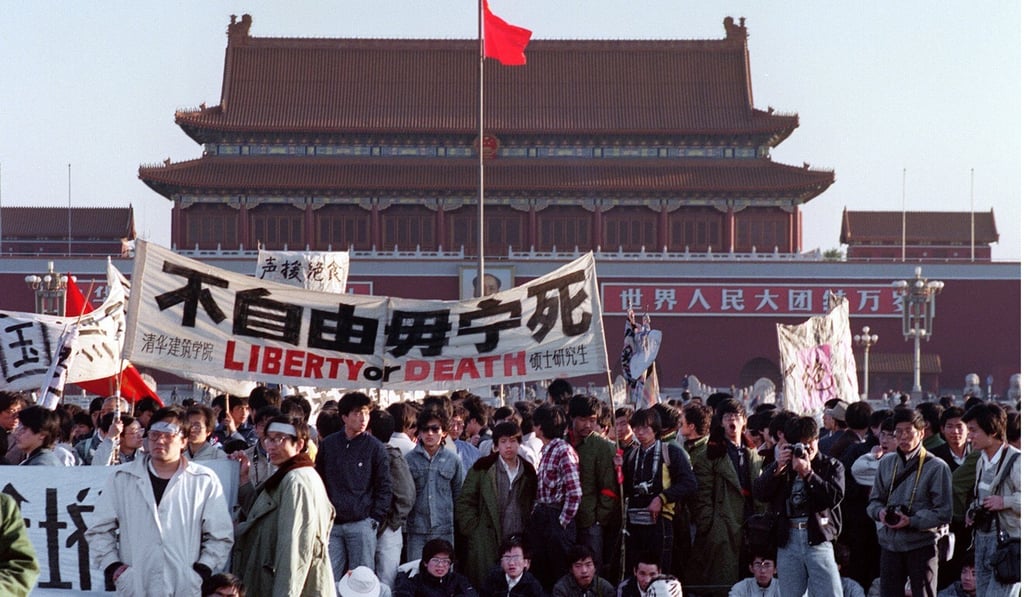Advertisement
Current affairs not suitable for teaching in revamped liberal studies, Hong Kong education chief says
- But teaching about events such as the 1989 Tiananmen Square crackdown could be kept, according to Secretary for Education Kevin Yeung
- He says sweeping changes to the controversial subject are not related to last year’s anti-government protests
Reading Time:3 minutes
Why you can trust SCMP

Ongoing current affairs should not be taught under a revamped liberal studies subject for secondary school students but events such as the 1989 Tiananmen Square crackdown could be kept, according to Hong Kong’s education minister.
In an interview with the Post on Tuesday, Secretary for Education Kevin Yeung Yun-hung also said the sweeping changes, including renaming the subject, turning the grading into a simple pass or fail, having all textbooks vetted by the government and requiring students to visit mainland China, were not related to last year’s anti-government protests.
The subject, mandatory for senior secondary students in the university entrance exams, was introduced in 2009 but has been criticised by pro-Beijing figures in recent years, with some blaming it for turning students towards violence.
Advertisement

Some of its initial curriculum aims included the enhancement of critical thinking skills and knowledge of contemporary social issues. Teachers were advised to use news clippings and online materials to encourage pupils to keep themselves updated on current issues under the government’s guidelines in 2007.
Advertisement
While schools were not required to use textbooks for the sake of flexibility, there were criticisms in recent years that some teaching materials were biased.
Advertisement
Select Voice
Choose your listening speed
Get through articles 2x faster
1.25x
250 WPM
Slow
Average
Fast
1.25x